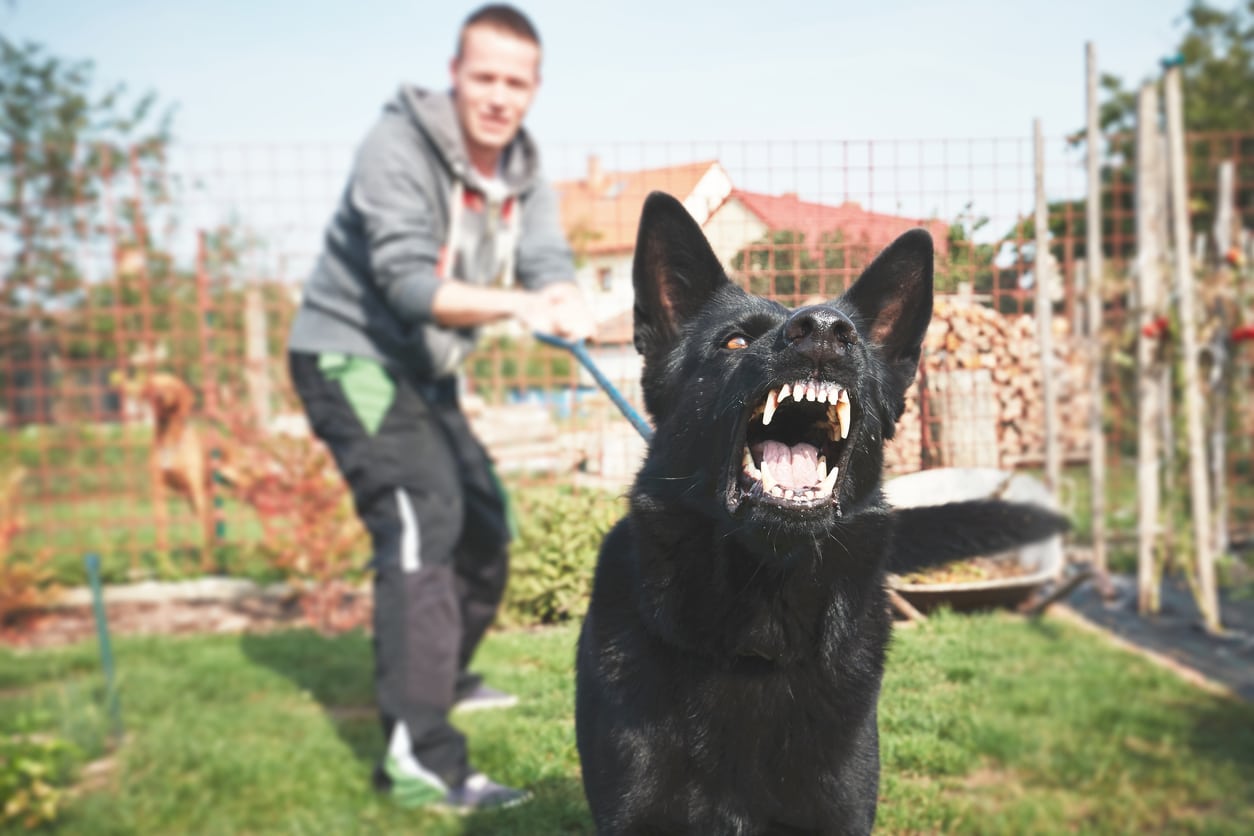The civil liability of dog owners in Ontario is governed by the Dog Owners’ Liability Act. Section 2(1) of the Act states that “The owner of a dog is liable for damages resulting from a bite or attack by the dog on another person or domestic animal.” The result of this section is the imposition of strict liability on dog owners: if you own a dog and your dog bites another person or animal, you will be held liable.
In some cases, the question of who owns the dog is not clear. Under the Act, an owner includes a person who “possesses or harbors the dog.” The courts have had to determine what those words mean. In a recent decision in Wilk v. Arbour, the Ontario Court of Appeal provided some guidance on this issue.
In the Wilk case, the Plaintiff had been in a relationship with the Defendant. The Plaintiff offered to walk the Defendant’s dog, a 9-year-old Great Dane named Zeus. The court described the circumstances of the incident in question:
“During their walk, Zeus, who was on a leash attached to his collar, suffered a seizure and became unconscious. When Zeus regained consciousness, he backed up, came out of his collar, slipped on ice and fell down an embankment into a ditch. [The Plaintiff]tried to retrieve Zeus, but also slipped into the ditch. She collided with Zeus and Zeus bit her thumb, causing her to lose her thumb above the joint.”
The Defendant asked the court to dismiss the Plaintiff’s claim. He argued that because the Plaintiff was walking the dog when she was bitten, the Plaintiff “possessed” the dog and was therefore an “owner” under the Act. The Defendant argued that the Act only provides liability by an owner to “another person”, meaning a non-owner.
The motion judge concluded that the Plaintiff was not in possession of Zeus at the time of the incident and was therefore not an owner. However, the Court of Appeal had a different opinion.
The Court of Appeal noted that “the person exercising actual control over a dog is generally in the best position to avoid damage being caused by the dog to another person or animal.” The Court concluded that an owner under the Act “includes a person who is in physical possession and control over a dog just before it bites or attacks another person or animal.” The Court did clarify that whether a person “possesses” a dog will depend upon the specific circumstances of any given case.
The Court’s ruling in this case means that if you agree to walk or otherwise have control over a dog which you do not legally own, you may be prevented from bringing a civil claim if the dog bites you.
You may also be held liable if the dog bites another person or domestic animal. Most home insurance policies will defend a claim brought against you in relation to a dog bite. However, you should be comfortable with taking that risk before agreeing to take control of someone else’s dog.
For more information on liability for dog bites, or if you have any questions regarding the issues outlined above, please feel free to contact me directly.
Cale Harrison
Associate – Personal Injury and Litigation Group
Disclaimer: This article is provided as an information resource. This article should not be relied upon to make decisions and is not intended to replace advice from a qualified legal professional. In all cases, contact your legal professional for advice on any matter referenced in this document before making decisions. Any use of this document does not constitute a lawyer-client relationship. Please note that this information is current only to the date of posting. The law is constantly changing and always evolving.


